Despite making the hardware business look easy, Apple hasn't always been incredibly successful in introducing new devices. But comparing its biggest hits with its worst misses helps to isolate a secret sauce that is driving demand for the company's products globally.
Service As A Sauce
The most apparent reason underlining the hardware success of iPod and iPhone (in contrast to the relative flops of Xserve and the Mac mini in the same decade) was that both of the former were tied to a content Store selling music, games and then software. This allowed Apple to materially participate in the success of those platforms as their ecosystems grew — a factor that the Mac platform itself did not get at all until 2010.
When I wrote a book on MacOS X Server back in 2009, it struck me as odd that Apple never attempted to create an App Store for third party server applications, despite having seen incredible success with the iTunes Store on iPod and the beginnings of the iOS App Store for iPhone. Instead, it eventually discontinued Xserve as a hardware lineup in 2011.
Since then, macOS X Server has limped along quite unremarkably as a software app, still without any sort of store for third party server applications. Lacking a commercial market for its ecosystem certainly hasn't helped Server to develop as a product.
On the other hand, in 2010 Apple expanded its iOS App Store-driven hardware with iPad, and brought its Walled Garden software model to the Mac via a desktop App Store. These platforms, along with Apple Watch, Apple TV, AirPods and HomePod, are also deeply integrated with a new type of platform Services in the shape of subscriptions, including Apple Music and iCloud.
Pretty clearly, Apple's platform-related Services are not just a way to extract some extra revenues from its existing hardware buyers (as clickbait content generators like to cynically complain), but a key value add that spurs initial hardware purchases and invites new buyers deeper into the Apple fold.
HomePod's subscription sauce is Apple Music, not Siri
Think specifically about HomePod. While pundits trying to view Apple through the lens of "Amazon Rose" colored glasses can only think of HomePod as a "Siri Speaker," it's really an Apple Music Speaker.
People who subscribe to Apple Music are far more likely to buy HomePod than a rival speaker. And while plenty of clickbloggers see Spotify streaming as a "missing feature" of HomePod, the more important reality is that Apple Music streaming is not supported by rival speakers.
Apple Music has more subscribers among Apple's premium installed base, which also represents the overwhelming majority of the high-end market for consumer electronics in general. In contrast, Spotify is currently trying to partner with cheap WiFi mics from Amazon and others, and making deals with Samsung, a company that has largely just failed in mobile, tablets, PCs and peripherals outside of smartphones (where its sales are concentrated on the middle and low-end). Spotify's predicament appears more inviable than enviable.
Like HomePod, Apple's other significant audio products, AirPod, Apple Watch, and CarPlay, also support Siri for handsfree navigation. But both also sell themselves as the ideal clients for Apple Music. If you're a subscriber, you're more likely than not going to seek out Apple-branded hardware designed to integrate with Apple Music rather than shop around for alternatives that require more work to stream the music you pay for.
Apple has made its hardware lineup compelling enough to cause some Spotify users to switch. Can the same be said of Samsung, Amazon Echo or Google Home? I doubt Apple Music is worried about it.
Software Sells Systems
Back in 1979, John Couch (the soon-to-be head of Apple's Lisa project) was in charge of all software at Apple Computer. He commissioned the above poster "Software Sells Systems," to remind employees of the critical importance of software to drive sales of hardware. In fact, it was Apple's human interface guidelines team that later coined the term "application" as a more approachable and meaningful term for "executable code." Software literally facilitated a practical application of users' hardware.
It took Apple another twenty years to figure out that it should be materially participating in that software market, not just as a first party developer but more importantly as a curator and marketer of third party software and other content, including music, movies, podcasts, books and subscription services.
Microsoft appeared to figure this out before Apple, yet the company was unable to successfully establish a model for exclusively selling software for Windows. Its attempt to lock down Windows PCs to only run verified software approved by Microsoft (an ambitious research initiative known as "Trusted Computing," which began in the late 80s and was eventually announced under the branding "Palladium" in 2002) was rejected by the market, despite a friendly marketing introduction exclusively channeled through Steven Levy in the pages of Newsweek.
By 2002, Microsoft wasn't trusted by even many of its partners; nobody wanted to cede more power to the company that already owned a near monopoly on computing. Palladium was equated with exploitive DRM and seen as a tactic Microsoft could use to expand its power over the PC industry (in tandem with Intel, which was also a key supporter of Palladium because it required new support in silicon).
Once Palladium was canceled, it stood as one of the biggest mega-research flops to ever hit personal computing during the Microsoft Era, right up there with the overhyped VLIW Itanium, Bill Gates' Tablet PC, and the industry-wide "microkernel" delusion that went supernova before collapsing into a black hole.
As Palladium was roasted to death by critics, Apple was able to incrementally convince music labels, then movie studios, to trust it to distribute their content on iTunes using FairPlay DRM. In 2005 it worked with select developers to distribute encryption-signed video games for iPod. In 2007, when Apple released iPhone without a third party market for software, developers essentially begged the company to let them sell native apps for iPhone, rather than being forced to build web apps that iPhone users could access from the phone's browser.
 The App Store opened in the summer of 2008 with 500 apps, essentially as an extension of iTunes
The App Store opened in the summer of 2008 with 500 apps, essentially as an extension of iTunesWhen Apple opened the App Store in early 2008, it was flooded with third party attention, despite Apple's restrictions on content, security precautions, and its merchandising fees for paid apps sold in its store. Apps for iPad similarly embraced the platform a few years later. The iOS apps model bears a lot in common with Microsoft's design for Palladium, including its trusted kernel and hardware-based security designed to only run known, signed code.
Apple's Palladium App Store
Because of Apple's reputation for generally doing things in the interest of its customers— to win and retain their business (something that's currently a novel and unusual concept in the tech world!)— it was able to do what Microsoft had only dreamed of doing. That's because Gates' Microsoft had a different reputation— one that only ever sought to benefit Microsoft itself in the same ambitiously greedy, amoral, unprincipled and transparently phony corporate behavior now on display at Google, Samsung, Twitter, Facebook, and Youtube.
Apple's App Store has since become a massive, multibillion business on its own, far more successful than other software markets, notably Google Play for Android and even Apple's own Mac App Store, neither of which serves as the exclusive way to sell software on those platforms. The App Store wasn't just adding value to iOS— it was creating its own weather: a storm front of new demand for iOS devices.
Consider that in order to play today's most popular mobile game over the last year, Epic Game's "Fortnight Battle Royale," you needed a modern iPhone. Also, once the title leaves beta on Android, it won't come to Google Play. It will need to be side-loaded. That's an exceptional example of how powerful the App Store is, despite the fact that iOS doesn't exert anything close to a monopoly over mobile OS software the way Windows did in PCs two decade ago.
The value of software to stoke demand for new hardware was as old as personal computing itself. Everyone in the industry was already aware that Apple II systems first sold in the 1970s because of VisiCalc; that PageMaker had initially driven sales of Macs in the 1980s, that Office had primed Windows PCs in the 1990s.
But Apple's new App Store began accomplishing something entirely new, beyond just providing a software market for mobile devices (something Danger, Palm, Microsoft, Sun Java, Symbian and many others had already accomplished on some level). The next segment will examine what this essential factor was, tomorrow at 2:00 PM Eastern Time. The previous segment examined Apple's history of hardware.
 Daniel Eran Dilger
Daniel Eran Dilger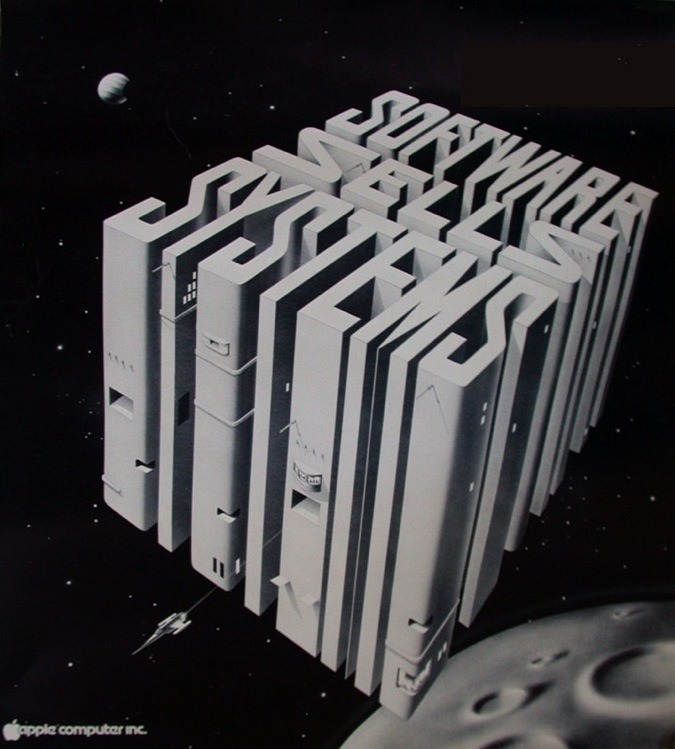
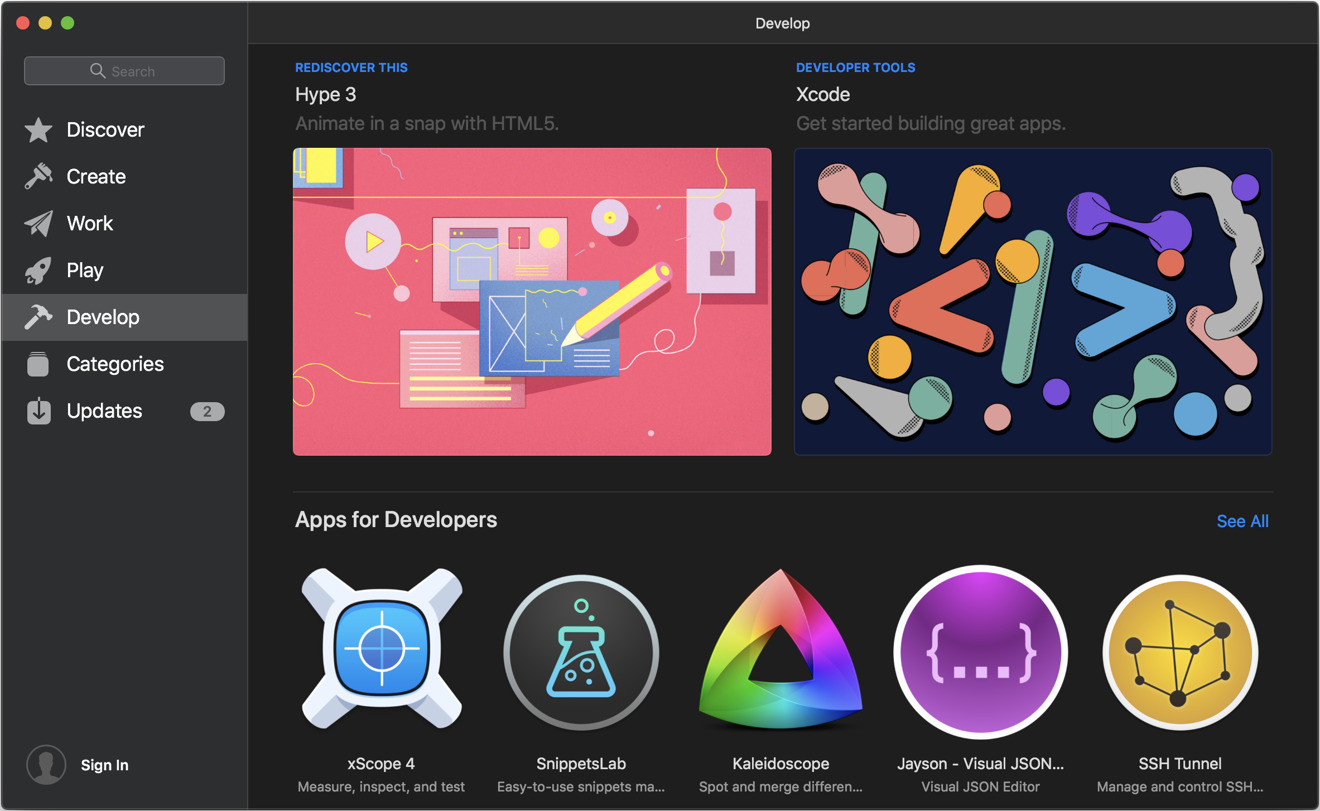
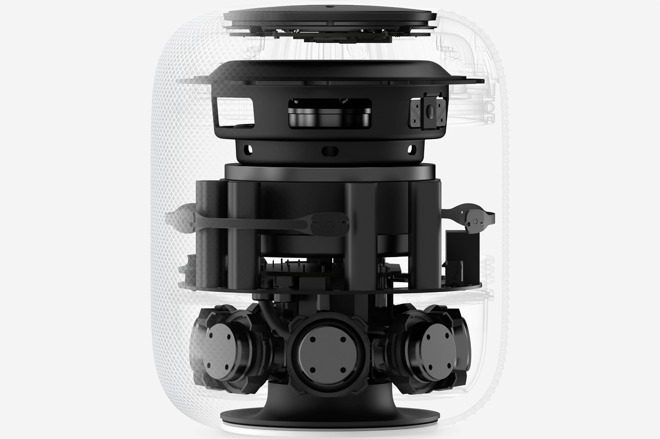

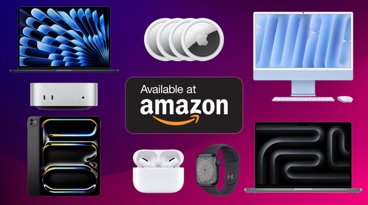

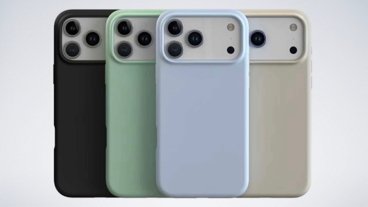

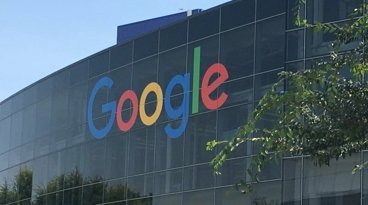


-m.jpg)






 Chip Loder
Chip Loder
 Marko Zivkovic
Marko Zivkovic
 Malcolm Owen
Malcolm Owen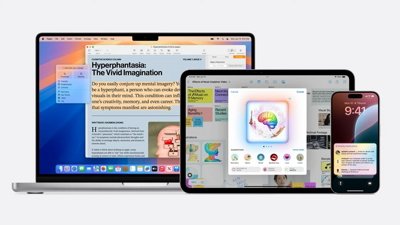

 William Gallagher
William Gallagher
 Christine McKee
Christine McKee
 Andrew O'Hara
Andrew O'Hara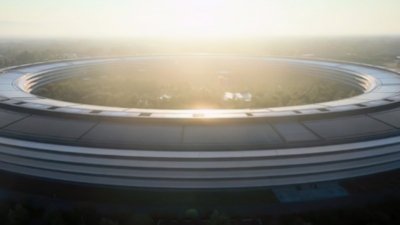
 Andrew Orr
Andrew Orr

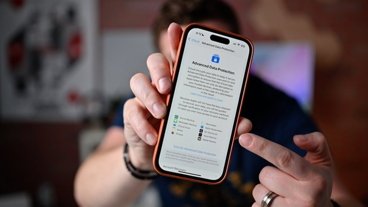


-m.jpg)




27 Comments
100% agree. I have long advocated Apple is neither a hardware nor a software company but rather a highly skill Systems design house.
Apple gets people to give them money every month, year in and year out. Smart!
This organizing shell also lets us see why Apple is in some hardware business lines for a while, and then bow out of those lines. Printers? Very useful in the beginning (original Laserwriter got me to buy my first Mac), less useful as time went on and the industry adopted universal connection standards and conventions (in part because Apple pushed). So no more Laserwriters and Imagewriters, because there's no software, firmware, or peripheral hardware connection back to core hardware sales to Macs, iPhones and iPads. We're seeing the same thing now with Airport -- universal standards and connections allow us to use whatever we want, and more importantly, Airport (and Airport Utility, the software side) no longer brings a compelling advantage to Apple in incremental sales. Whenever someone says, "why doesn't Apple sell x?", the answer likely is, 'x' doesn't drive hardware sales. If it did, Apple would be there.
Probably a big reason why you continue to see so many gung-ho enthusiasts for that gargantuan corporation in Cupertino. (That and despite Apple's colossal size, it's still an underdog in many areas.) One area kind of epitomizes part of your story is the left swipe on your iPhone's home page. This really is Apple's Page more than any other. A vision of things to come. You see it's Apple becoming more aggressive in services, but still in a helpful and collaborative way, that's not off putting.
I’m with Jason Snell on this. It will be kind of depressing if Apple becomes all about increasing ARPU. To me Apple is best as a product company not a how much money can we make off of IAP and iCloud storage company.